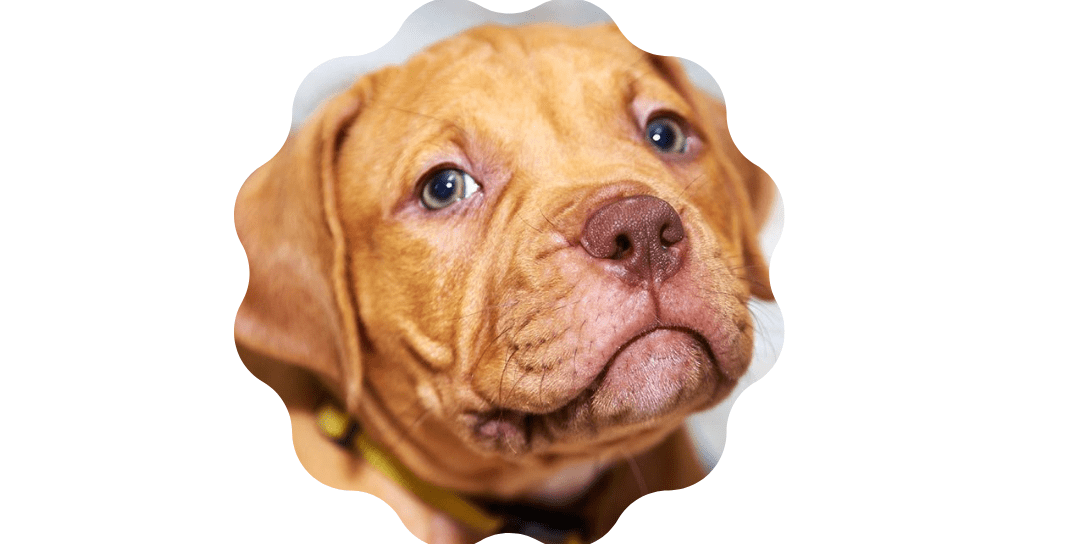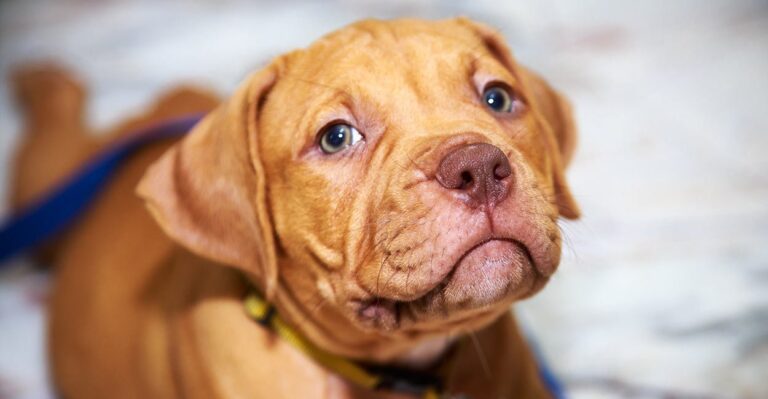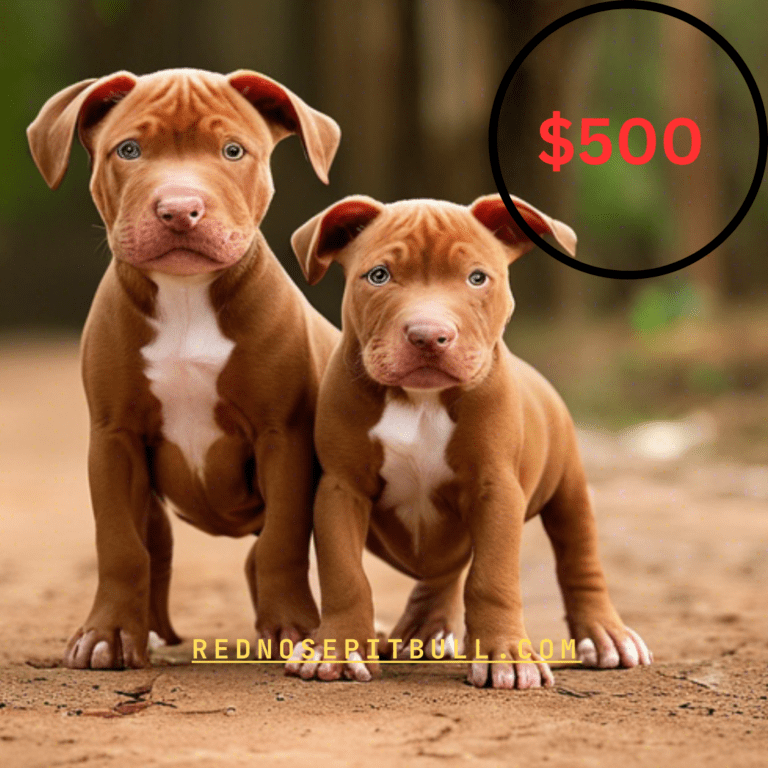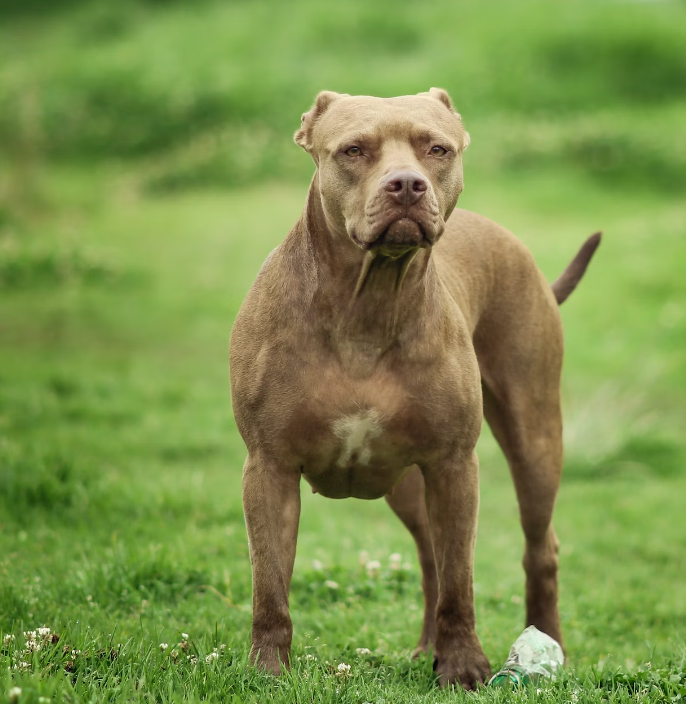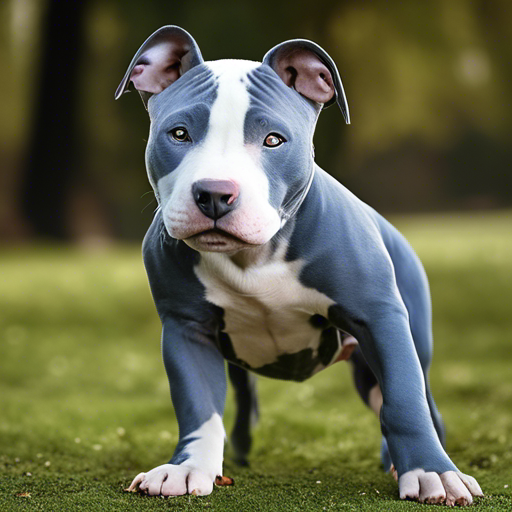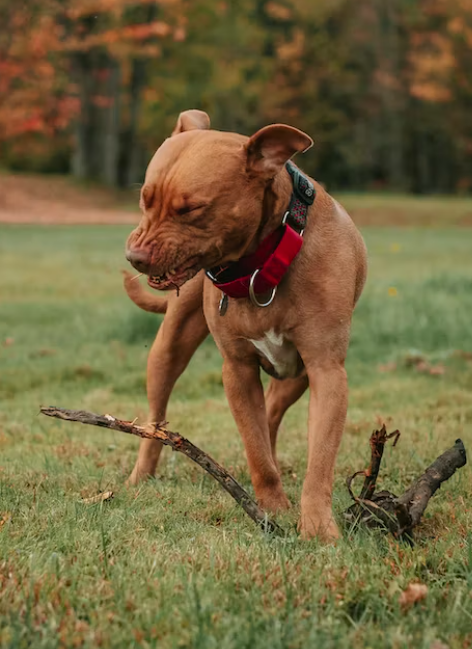Red Nose Pitbull Terrier Price in India- 2024
the price of a Red Nose Pitbull Terrier in India can vary depending on various factors such as the breeder’s reputation, bloodline, quality of the dog, and location. On average, you can expect to pay anywhere between ₹15,000 to ₹50,000 or even more for a Red Nose Pitbull Terrier puppy from a reputable breeder in India. However, prices can fluctuate, so it’s best to research thoroughly and ensure you’re dealing with a responsible breeder who prioritizes the health and well-being of the dogs. Additionally, adoption from shelters or rescue organizations can be another option to consider.
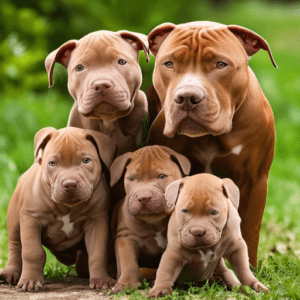
Which Cities Very interested in Pitbull Dog Breed?
I can tell you that cities with a higher volume of pet ownership and a strong interest in certain breeds like Pitbulls may have more buyers. In India, metropolitan cities such as Mumbai, Delhi, Bangalore, Hyderabad, Chennai, Kolkata, and Pune are known for having active pet communities and a demand for various dog breeds, including Pitbulls.
factors Affecting before buying a Red Nose Pitbull Or Other Dog Breed :
Before buying a Red Nose Pitbull or any dog breed, the first priority should be thorough research and consideration of your lifestyle, living situation, and ability to provide proper care for the dog. Here are some key considerations:
1. Research:
Learn about the characteristics, temperament, and care requirements of Red Nose Pitbulls. Understand their exercise needs, grooming requirements, and potential health issues associated with the breed.
2. Lifestyle Compatibility:
Assess whether a Red Nose Pitbull is suitable for your lifestyle and living situation. Consider factors such as your activity level, available space, and time commitment for training, exercise, and socialization.
3. Responsible Breeder:
If you decide to buy from a breeder, ensure they are reputable, ethical, and prioritize the health and well-being of their dogs. Research the breeder’s reputation, visit their facility if possible, and ask questions about the puppy’s lineage, health screenings, and socialization practices.
4. Health Screening:
Request health clearances for the puppy’s parents to minimize the risk of hereditary health issues. Ensure the puppy has received appropriate vaccinations and deworming treatments.
5. Meet the Puppy:
Spend time interacting with the puppy to assess its temperament and compatibility with your family. Look for signs of good health, such as clear eyes, clean ears, and a shiny coat.
6. Financial Preparedness:
Consider the costs associated with owning a Red Nose Pitbull, including initial purchase price, veterinary care, food, grooming supplies, training classes, and other expenses.
7. Commitment:
Understand that owning a dog is a long-term commitment that requires time, patience, and dedication. Be prepared to provide love, care, and training throughout the dog’s life.
By prioritizing these factors before buying a Red Nose Pitbull, you can ensure a positive and fulfilling experience for both you and your new canine companion.
The price of a dog can depend on several factors, including :
1. Breed:
Different breeds have varying price ranges based on their popularity, rarity, and demand.
2. Pedigree and Bloodline:
Dogs with champion bloodlines or pedigrees from reputable breeders often command higher prices.
3. Age:
Puppies are usually more expensive than adult dogs. However, trained or proven adult dogs may also have higher prices.
4. Health and Vaccination Status:
Dogs with health certificates, vaccinations, and veterinary records may be priced higher due to reduced health risks.
5. Color and Coat Type:
Some coat colors or patterns may be more desirable and thus influence the price.
6. Training and Skills:
Dogs with obedience training, specialized skills (such as hunting or service work), or certifications may be priced higher.
7. Location:
Prices can vary depending on geographic location, with dogs in urban areas often priced higher than those in rural areas.
8. Breeder Reputation:
Dogs from reputable breeders who prioritize health, temperament, and responsible breeding practices may have higher prices.
9. Market Demand:
Supply and demand dynamics in the local or regional market can affect pricing.
10. Registration Papers:
Dogs registered with recognized kennel clubs may have higher prices due to pedigree documentation.
These factors collectively influence the price of a dog, and potential buyers should consider them carefully when evaluating the cost of purchasing a dog.
